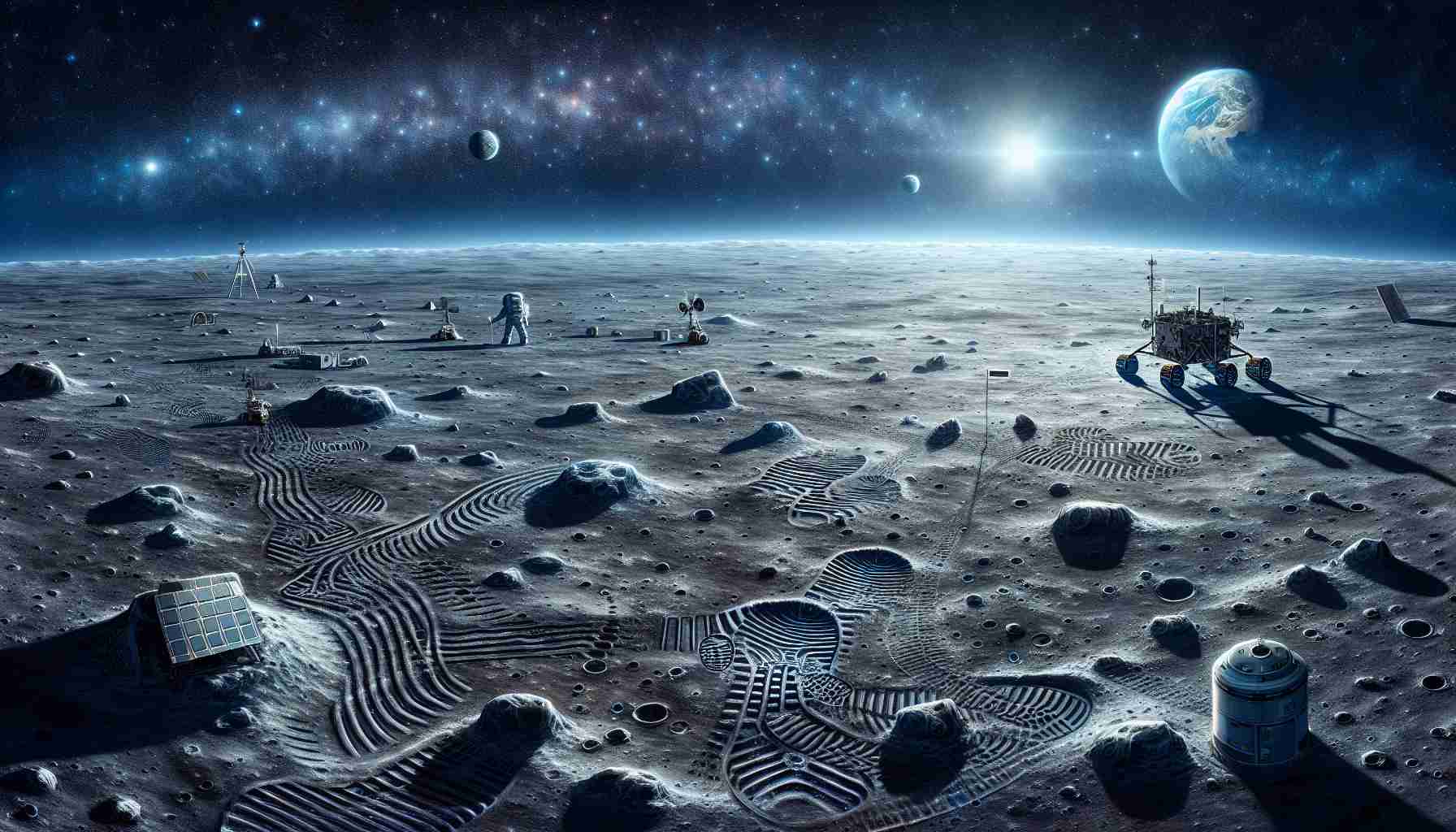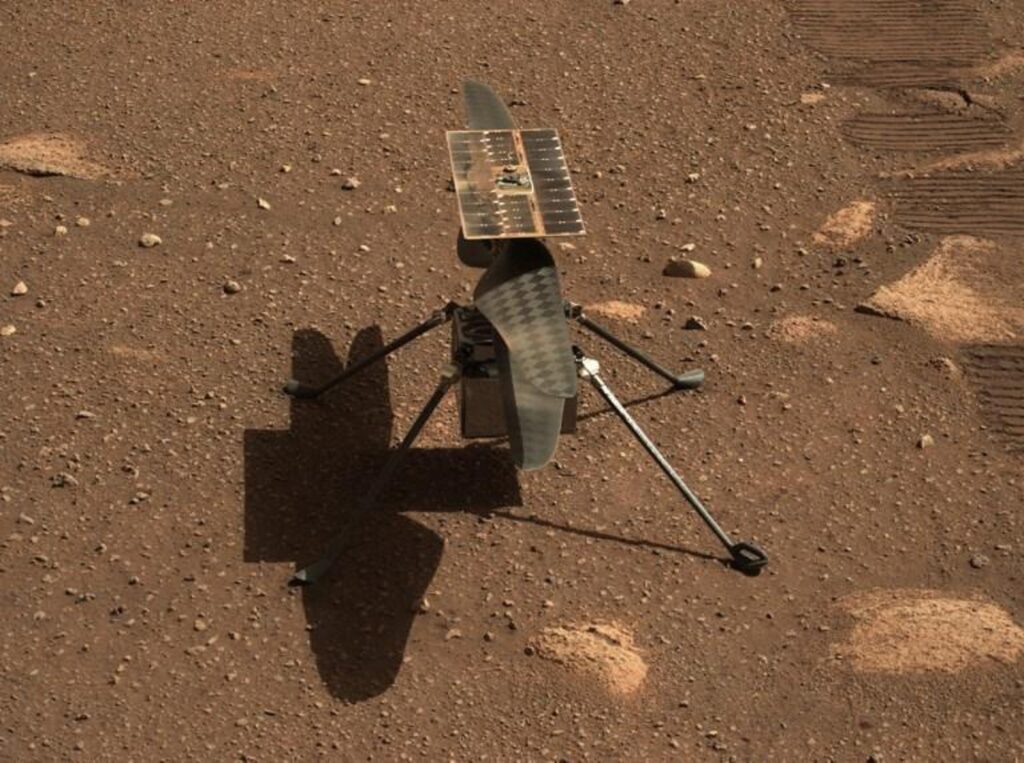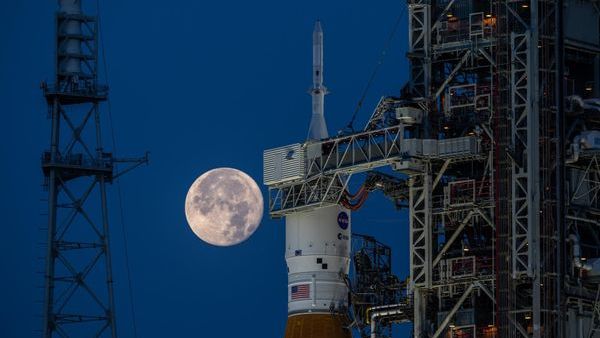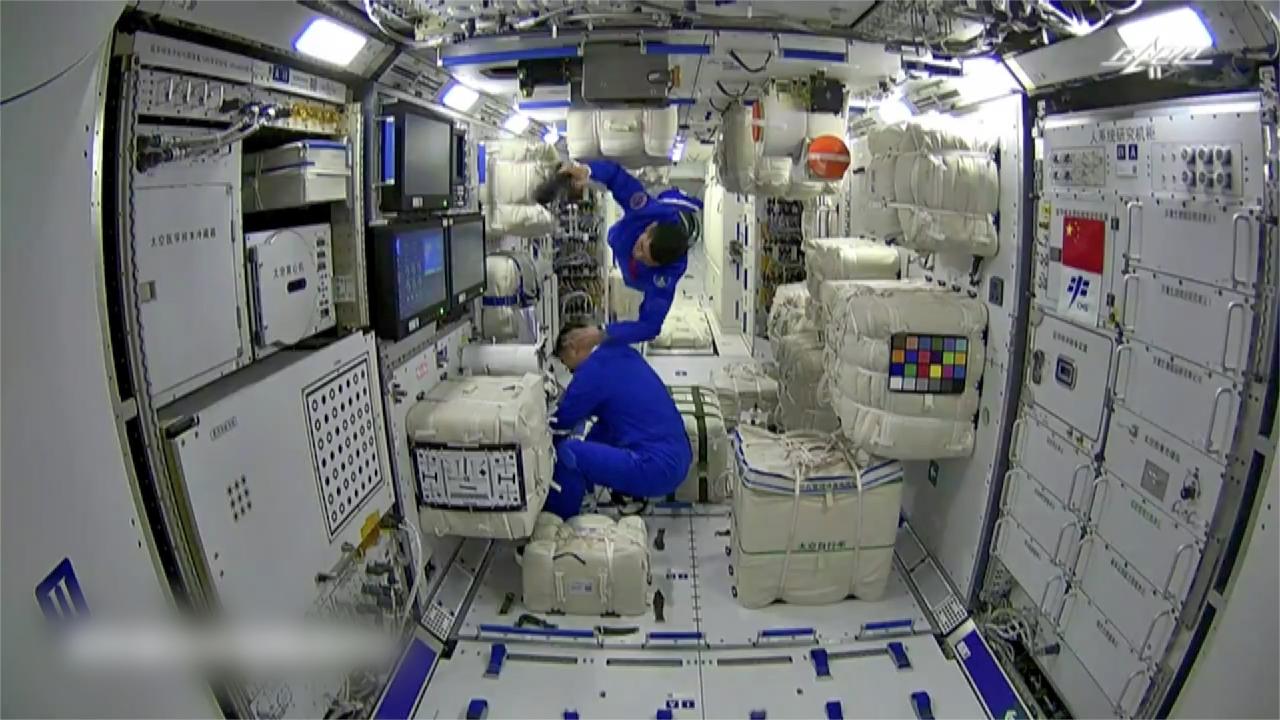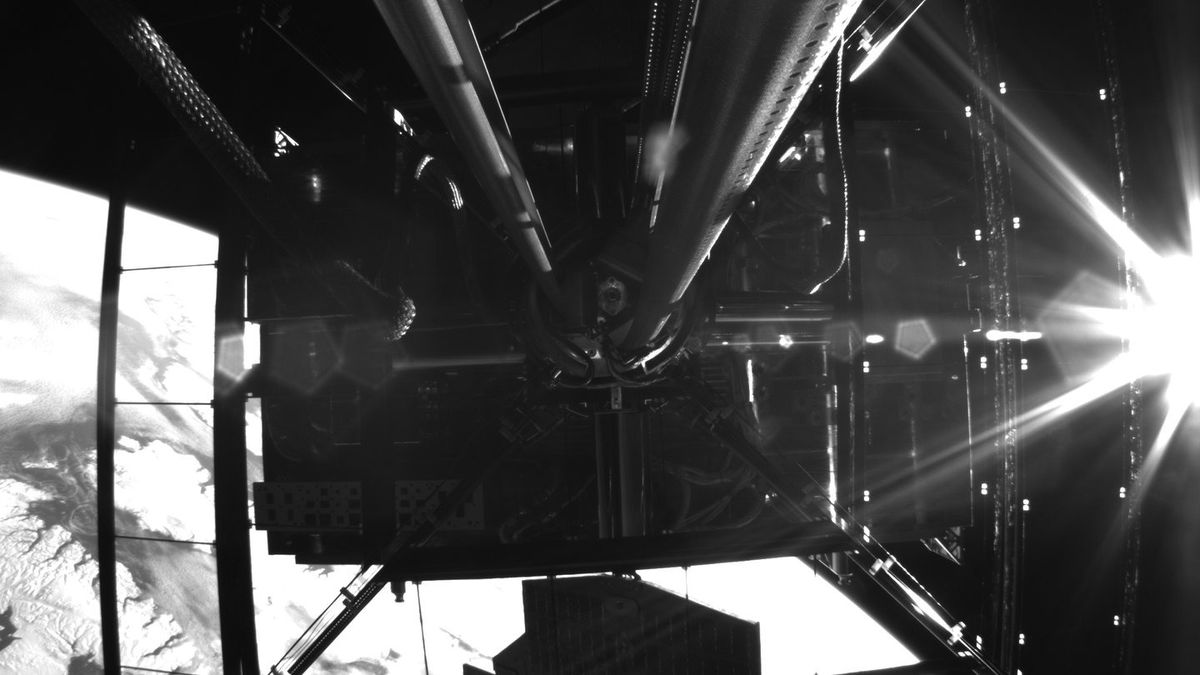According to a group of scholars, the Anthropocene epoch event heralded a new phase in the moon’s natural history, echoing the transformative impact of human activity on our planet.
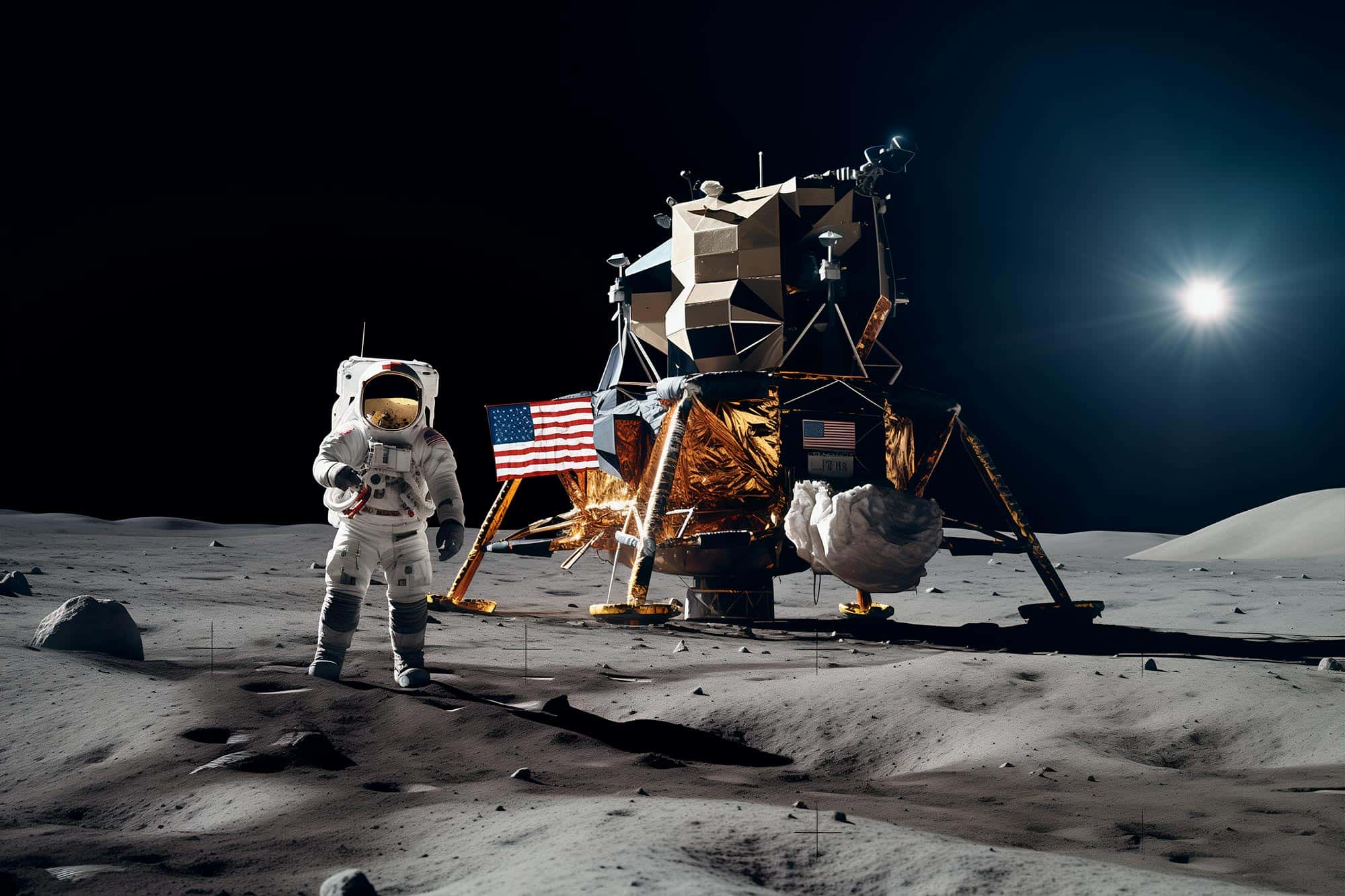
The era of the Anthropocene epoch on the moon was seemingly initiated in 1959 when the Soviet Luna 2 probe crashed onto the lunar surface, marking the first instance of human-made contact with Earth’s celestial neighbor
Termed the “Lunar Anthropocene” by these researchers, this proposed the Anthropocene epoch parallels Earth’s Anthropocene, a geological age characterized by the widespread alteration of the planet due to human actions. While the official recognition of the Anthropocene epoch remains debated and undefined in its commencement, the irreversible imprint of human activities on Earth is evident across multiple fronts. From the extinction of species through hunting to the release of greenhouse gases and the transformation of night into day through artificial lighting, humans have left an indelible mark on the planet.
Likewise, academics assert that humanity has become the principal force shaping the lunar environment, despite the absence of a permanent human settlement on the moon. The Lunar Anthropocene, they argue, began with Luna 2‘s impactful arrival, initiating a sequence of human activities that have included manipulation of lunar soil, deployment of landers and scientific experiments, as well as the placement of flags and even human waste.
Justin Holcomb, an archaeologist at the Kansas Geological Survey, stressed the urgency of acknowledging and safeguarding the Lunar Anthropocene to prevent significant harm or delays in its recognition
Expressing concern over future lunar missions aiming for sustained habitation and resource exploitation, Holcomb advocates for protecting lunar exploration as a cultural heritage. He underscores the importance of recognizing the Lunar Anthropocene to preserve these historical artifacts, emphasizing its role in prompting contemplation and raising awareness about human impact on the lunar surface.
As the prospect of intensified lunar activities looms, the notion of the Lunar Anthropocene serves as a call for reflection on human influence beyond Earth and the imperative to safeguard our celestial endeavors as part of our collective heritage.
READ ALSO: Life’s Origins And Beyond Tracing The Big Bang’s Potential Role In Life’s Emergence
